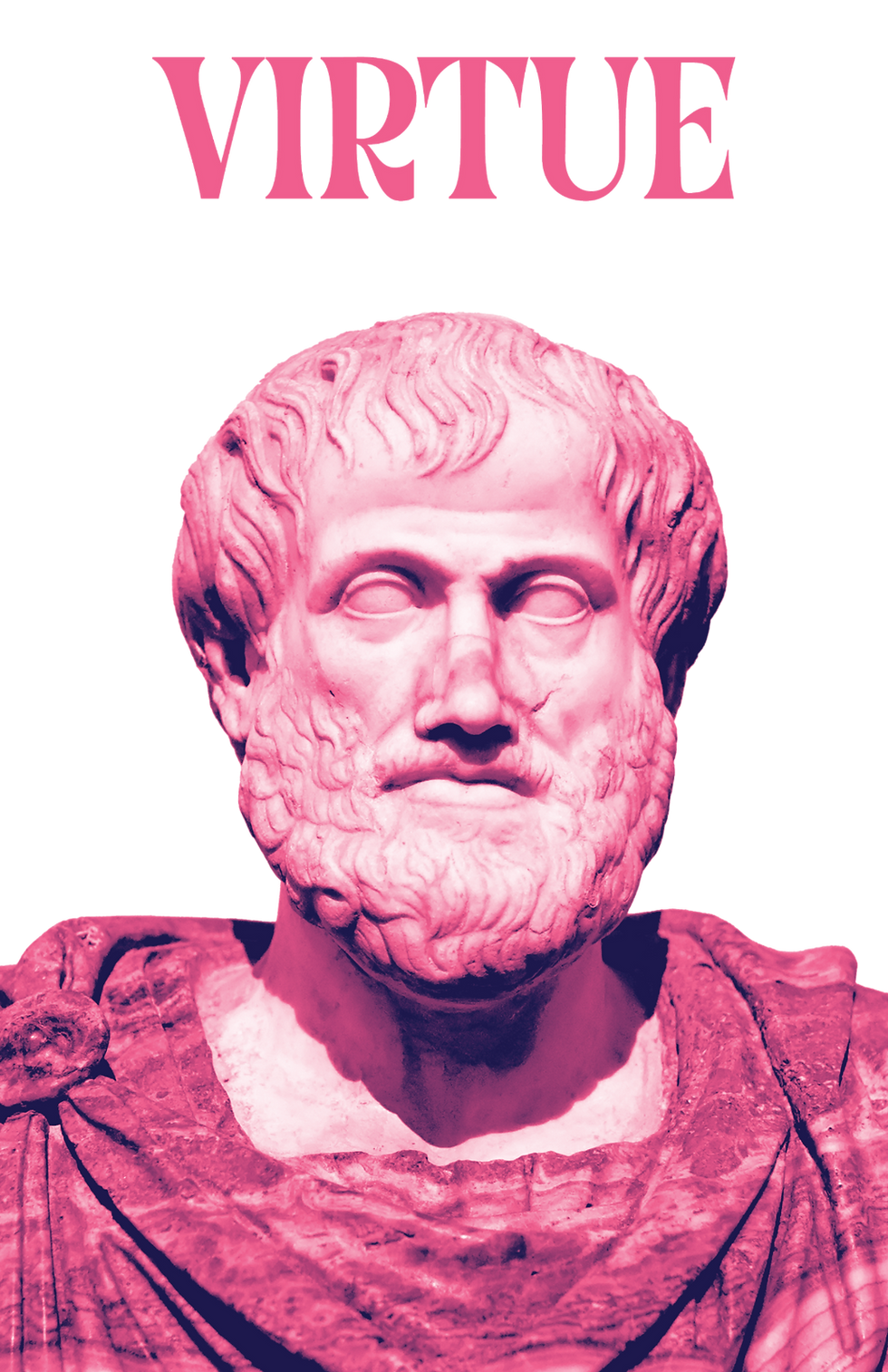Apollo's Oracle, The Pythia's Power: Finding Clarity in Delphi's Ambiguous Answers
- DRNKN WZRD

- Jul 28, 2025
- 5 min read
Updated: Aug 12, 2025
The story begins with the birth of another child born as a result of an affair from Zeus. This time Zeus had got the Titaness Leto pregnant, Hera furious at Zeus for his affair, but knowing Zeus is too powerful, decided to let out her wrath onto Leto. She made a deal with Gaia to ensure that Leto couldn’t give birth on earth, for added measure the giant serpent-dragon Python also pursued her to ensure she couldn’t have a moment of peace. Upon hearing of the deal between Gaia and Hera, Zeus asked Poseidon for help. Using the power of sea and storm, Poseidon made an island float, meaning it was technically no longer a part of the earth and providing Leto with peace from the serpent. Leto finally gives birth to twins on the island of Deios. One of them was Artemis (goddess of the hunt, wilderness, wild animals, and the moon) and the other Apollo (god of disease & healing, music & dance, light & the sun - but most important for the sake of this article - truth & prophecy).

Hearing news of the birth, the gods and titans were happy and travelled to Deios, which was now back down to earth, to celebrate and meet the twins bringing gifts. Hephaestus brought baby Apollo a magical bow. Themis gifted Apollo ambrosia and topped it with nectar, which nurtured Apollo's body and made him big and powerful. Of course Hera’s wrath hadn’t subsided and Python remained in pursuit, tasked with killing Leto and the twins. - Apollo vows to free his mother from the curse. He sets out to defeat python, tracking him down with his powerful godly body, he finally faces off with Python defeating Python with his magical bow on the slopes of Mount Parnassus. He decided to open up a temple in his honour, but no temple is complete without worshippers. So Apollo appeared to sailors in the form of a dolphin (delphis in Greek), luring sailors to the mainland site. They created a village there, which became known as Delphi.

The Oracle of Delphi
Apollo being the God of Prophecy - had a priestess at this temple, called the pythia. Her role as oracle/prophetess and her connection to Apollo made her an extremely powerful political figure. She was able to connect to Apollo and act as a vessel for his message to reach the people, but also would offer guidance to people seeking direction in their life, kings or plebeians alike. After all, Pythia was for all. That added to her power.
People all over the Mediterranean would travel days in advance to try and get to Delphi on the 7th day of the month - when Apollo would come to speak,
In the days leading up to the prophecy, the Pythia would undergo rituals of purification. This included fasting, and bathing in the sacred Castalian Spring at the foot of Mount Parnassus. She would also drink from the sacred Kassotis spring, whose waters supposedly ran under the temple.
They would then check if Apollo was willing to speak - by taking a goat, usually a black goat, and dousing it with water, if the goat shivers, Apollo is present and ready to grant an audience to offer prophecy, if it didn’t, well all the visitors would have to leave and return back next time. On days a prophecy was granted, the Pythia would sit on a tripod while mystical, sweet-smelling vapours rose near her.
Inducing her in a trance-like state, the worshippers would then step up one after another offering their tributes and requesting Apollo's wisdom and foresight. - they made their queries and the pythia responded, calmly although a change in behaviour and in voice. The answers would usually be ambiguous and open to interpretations.

A Tale of 2 Prophocies
King Croesus from the kingdom of Lydia, came to consult the oracle to ask whether or not he should cross the sea and begin an attack on the Persians. The oracle in response told this king, if he crosses the seas, a great kingdom would fall. King Croesus, getting that reassurance he needed, decided to attack Persia, to bring about the prophecy. He led in with confidence but his forces were no match to the Persians and so the kingdom of Lydia fell, fulfilling the prophecy.
Another time, a common man asked the oracle, if his friend Socrates was the wisest man alive, or if there was someone wiser, the oracle told him that Socrates was wisest. Socrates upon hearing this was confused and dumbfounded, he set about trying to disprove the prophecy. He spoke with artists and politicians, he found they thought themselves wise but in fact knew very little, so Socrates concluded that the oracle proclaimed him the wisest because he was a fool and he knew it, whereas others were fools yet ignorant of it.
While the prophecies were often kept ambiguous and vague, offering Delphi plausible deniability, I believe this ambiguity was actually the strength of the prophecies, and what made them so popular and powerful among ancient civilizations.
An answer like this would push responsibility and accountability onto the individual, to follow the path. The answer offers enough openness that depending on what the person wants they will be able to find that message in the answer. It provided clarity and comfort, and a little bit of direction, but the way you interpret anything always comes back to your perception of the world and yourself. The King believed his army capable and couldn’t concieve failling, but was undone.
The ambiguous answer also allows you to find what you're looking for from it, and you can seek your own type of closure from that. Like Socrates' conclusion.
There are many different tales of Apollo versus Python, and many conflicting tales of the pythia and how the prophecies were given. This article was an exploration of these ancient tales, offering insight into how the ancient world tried to understand the world as they saw it.
Today being a society where faith is less prevalent, and so most will not share the ancient Greek belief that fate was decided by the moirai - The Moirai (Fates) were three powerful sisters who personified destiny and were believed to control the thread of life for every mortal and even the gods. - the modern belief system of a meritocracy which now puts their fate directly in their hands, making any shortcoming feel a lot heavier to bear. But still the same needs the prophecies fulfilled back then, are needs we still have today only we have different ways of resolving them. And when we don't do it well we get a rise in anxiety and uncertainty. So perhaps in that regard the ancient belief was kinder.




Comments